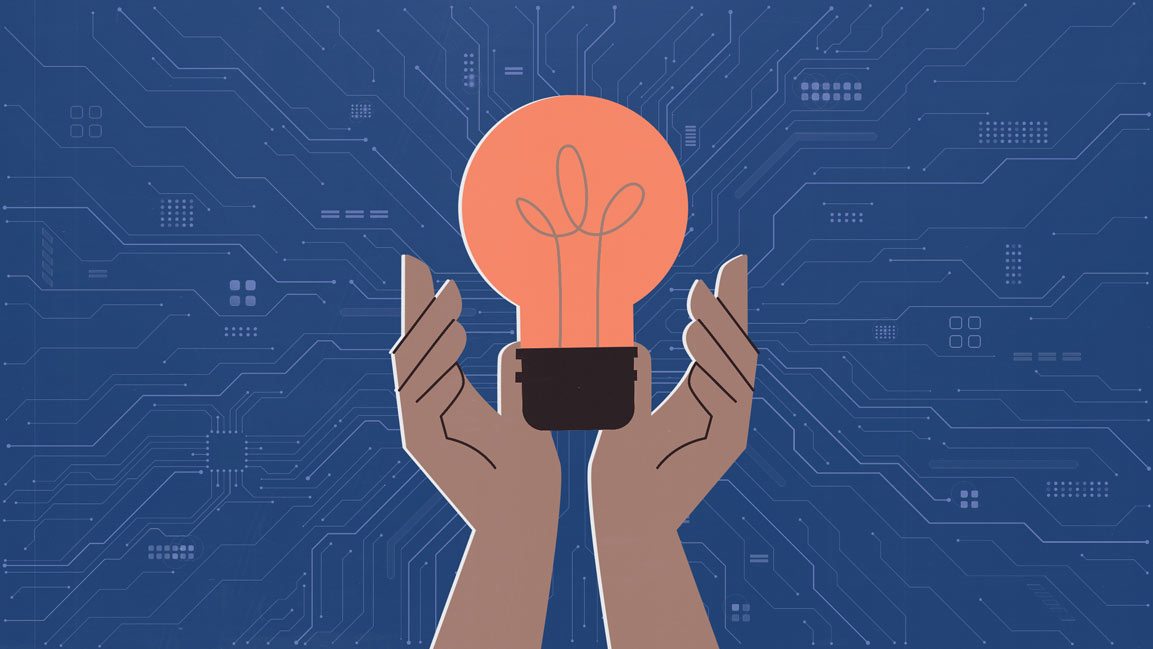Why Co-opetition, Not Cutthroat Rivalry, Makes Sense for Indian AI Startups
“If two companies are duplicating the same effort with sub-par outcomes on both sides, the market often loses. Customers don’t want three half-solutions; they want one that works completely.”
Topics
News
- Agentic AI Push Spurs Calls for Human Oversight, Clear Rules
- India Plugs Into Pax Silica as AI Supply Chains Realign
- India AI Impact Summit 2026: Did India’s Tech Push Just Take a Hit?
- When Autonomous AI Tests the Limits of Oversight
- UN Bets on Science to Steady AI Governance
- Legacy IT Leaders Say India’s AI Future Lies in Talent, IP

For years, Indian startups have been driven by a “winner-takes-all” mindset, mirroring Silicon Valley’s obsession with hyper-competition. However, as the artificial intelligence ecosystem matures, founders are beginning to question whether pure rivalry is the fastest route to innovation, or if collaboration can unlock far greater value.
For instance, Ankush Sabharwal, founder of BharatGPT.ai & CoRover.ai, contends that startups should shed their reluctance and embrace partnerships.
In an exclusive conversation with MIT SMR India, he said: “We must not hesitate to partner with existing companies. Of course, when you try to solve a problem, you want to solve it with a new technology. If not, people would have done it already. So, it means existing companies are not thinking along those lines, or probably do not have the skill, or passion to take the risk like you are taking as a startup.”
He noted that businesses with existing consumers often face the most pressing problems that startups must address while also seeking out those who actively want the solution.
“Why don’t we partner with those already in the domain similar to ours? They already have the problems, or their customers already have those problems. You join hands, yeah, and then sell together,” Sabharwal said.
His point underlines a shift in mindset: rather than viewing incumbents or fellow startups as threats, see them as allies who already have access to markets and customers.
Compete or Collaborate?
Kalyan Sivasailam, founder & CEO of 5C Network, cautioned against assuming competition and collaboration are opposites. “The best companies do both. Real innovation requires relentless competition. That is what drives speed and quality. But if two companies are duplicating the same effort with sub-par outcomes on both sides, the market often loses. Customers don’t want three half-solutions; they want one that works completely.”
For Sivasailam, partnerships become essential when they can push through systemic inertia. In healthcare, he explains, barriers aren’t just technological; they include slow adoption and poor communication of value.
“If partnering helps us move the system forward faster, that’s the right call. You compete where differentiation matters, and you partner where a joint face gives you both a better chance to win.”
He also pushed back against the “winner takes all” investor narrative.
“Investors often incorrectly favor that narrative. The reality is more complex. The best companies prioritize market capture over just differentiation. If a partnership delivers 10x customer value, differentiation shifts from ‘what your product is’ to ‘what outcomes you guarantee.’”
In fact, Sivasailam argued that collaboration may be even more vital in India than in mature markets.
“Healthcare, energy, climate, and AI are not ‘winner-takes-all’ markets; they are ‘winner-takes-decades’ markets. The opportunity lies in collaborating on infrastructure and standards to uplift the entire ecosystem, while still fiercely competing on execution.”
This approach, he notes, mirrors global industries like aviation, where alliances such as Star Alliance redefined competition itself.
Balance Between Ecosystem Growth and Differentiation
Ganesh Gopalan, co-founder and CEO of Gnani.ai, agrees that India’s scale and diversity mean the market is big enough for multiple winners.
“India is such a large and diverse market that there’s space for multiple players to thrive. Startups don’t always have to compete head-on; partnerships can unlock real value. Whether it’s pooling datasets, sharing infrastructure, or co-developing technology, collaboration often helps accelerate adoption. At the same time, healthy competition is necessary—it keeps us sharp and innovative.”
Investors, according to Gopalan, reward partnerships when they are grounded in clear business outcomes.
“Investors like partnerships when they clearly expand the pie. They want a crisp value thesis: faster distribution, richer data, lower CAC, and quicker product cycles. Show that the tie-up drives measurable, incremental growth rather than headlines, and you will earn conviction.”
He also drew parallels to global best practices.
“Collaboration among competitors is routine globally, especially in Silicon Valley. Think of Kubernetes in the CNCF, where Google, Red Hat, Microsoft, and AWS co-build a shared standard while competing on services. That model lets firms pool non-differentiating layers and focus differentiation higher up.”
From Competition to Co-opetition
Industry voices suggest that head-to-head battles for market dominance may not shape India’s AI future. Instead, it may depend on what business strategists call co-opetition—a blend of collaboration and competition.
For startups navigating India’s evolving AI ecosystem, the challenge is to know when to walk alone, when to partner, and how to reassure investors that collaboration can strengthen, not dilute, their position.
The message is clear: in markets as vast and complex as India, no single player can solve every problem. But together, startups can build the infrastructure, trust, and scale to make Indian AI globally competitive, faster than competition alone ever could.






